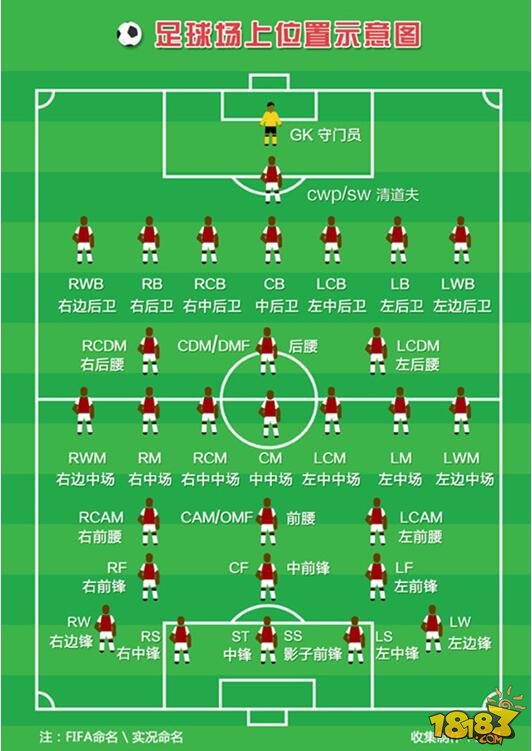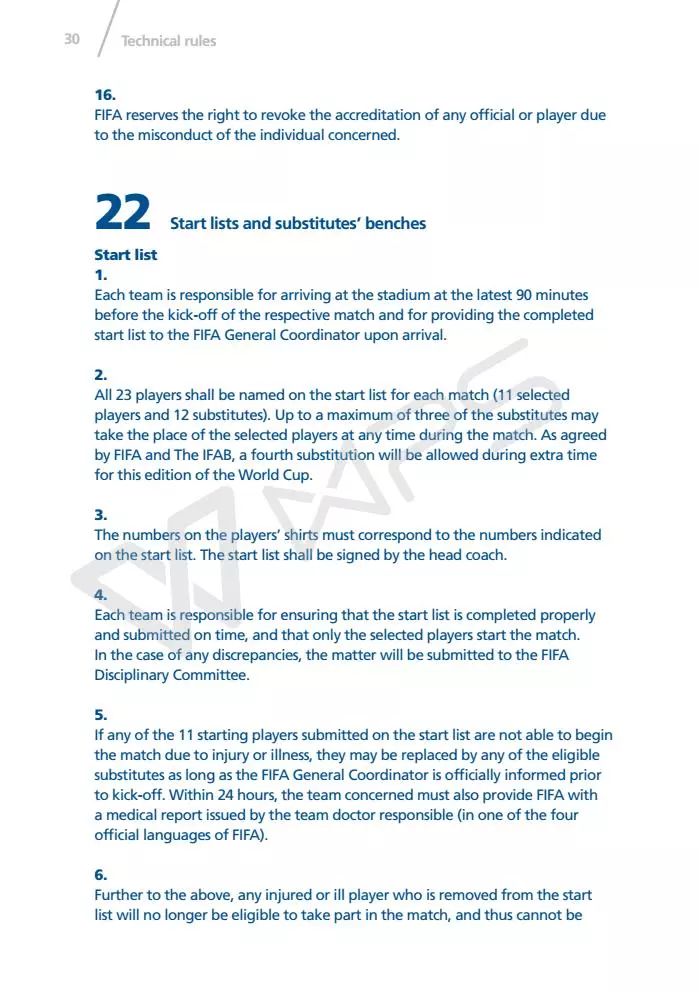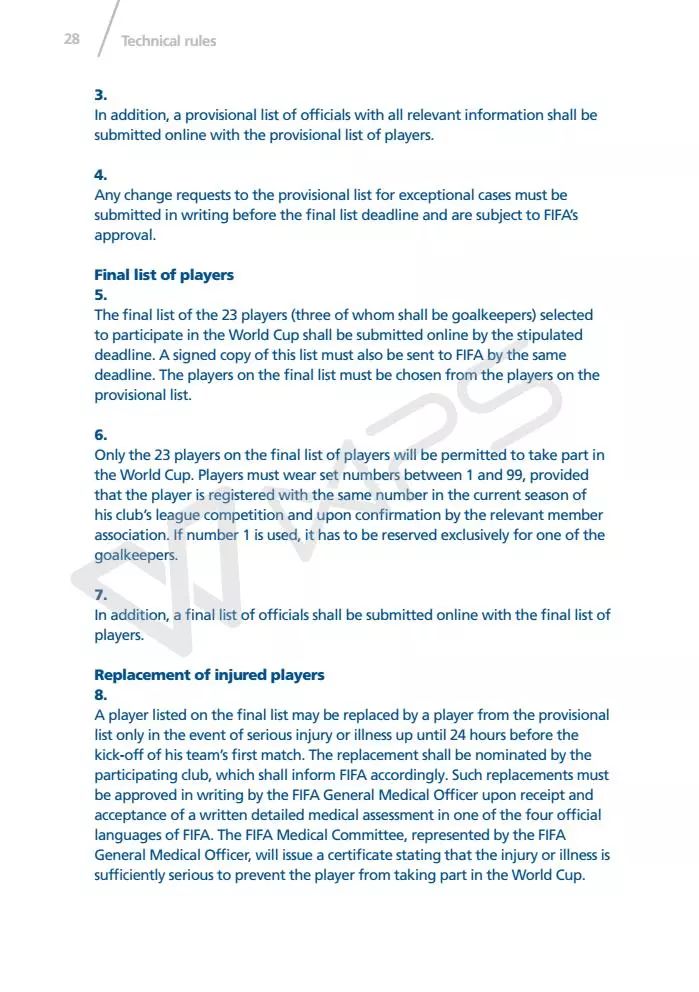Football, as one of the most popular sports worldwide, demands rigorous training to ensure players are at their peak performance. Coaches and trainers are constantly seeking ways to improve training methodologies to enhance player skills, physical fitness, and mental resilience. This article delves into some of the critical questions that arise in football training and provides valuable insights and strategies to address these challenges.
1. How Can We Improve Player Conditioning?
Physical Conditioning: One of the primary concerns in football training is ensuring that players are physically fit to endure the demands of the game. This includes strength, endurance, speed, and agility. Coaches often ask: “How can we improve player conditioning to prevent injuries and enhance performance?”
Strategies: - Strength Training: Incorporate weightlifting and resistance exercises to build muscle strength. Focus on compound movements that mimic football-specific actions. - Cardiovascular Fitness: Engage players in interval training, long-distance running, and other cardiovascular exercises to improve their stamina. - Agility Drills: Use cone drills, ladder drills, and other agility exercises to enhance players’ ability to change direction quickly.
2. What Role Does Nutrition Play in Football Training?
Nutritional Needs: Nutrition is a cornerstone of any athlete’s preparation. Coaches and players often wonder: “How can we optimize nutrition to support training and recovery?”

Strategies: - Balanced Diet: Ensure players consume a balanced diet rich in proteins, carbohydrates, fats, vitamins, and minerals. Proteins are crucial for muscle repair and growth, while carbohydrates provide the necessary energy. - Hydration: Emphasize the importance of staying hydrated before, during, and after training sessions. Proper hydration can prevent cramps and enhance performance. - Supplements: In some cases, supplements like creatine, BCAAs, and multivitamins may be recommended, but always under the guidance of a nutritionist or healthcare professional.
3. How Can We Enhance Mental Toughness?
Mental Resilience: Football is not just a physical sport; it also requires mental fortitude. Coaches often ask: “How can we train players to be mentally tough and resilient?”
Strategies: - Visualization Techniques: Encourage players to visualize successful plays and scenarios. This can help build confidence and reduce anxiety. - Mindfulness and Meditation: Introduce mindfulness and meditation practices to help players stay focused and calm under pressure. - Mental Conditioning Drills: Incorporate drills that simulate high-pressure situations, such as penalty shootouts or last-minute game scenarios, to build mental resilience.

4. How Can We Improve Team Coordination and Communication?
Team Dynamics: Effective team coordination and communication are vital for success on the field. Coaches often ask: “How can we improve team dynamics and communication?”
Strategies: - Team-Building Activities: Organize team-building exercises and activities that foster trust and cooperation among players. - Communication Drills: Implement drills that require constant communication, such as passing drills where players must call out their moves. - Role Clarity: Ensure each player understands their role and responsibilities within the team. Clear roles can reduce confusion and enhance coordination.
5. How Can We Incorporate Technology in Training?
Technological Integration: With advancements in technology, coaches are increasingly interested in integrating tech into training. The question often arises: “How can we use technology to enhance training effectiveness?”

Strategies: - GPS and Wearable Devices: Use GPS and wearable devices to monitor players’ physical performance, such as distance covered, speed, and heart rate. This data can help tailor training programs. - Video Analysis: Utilize video analysis tools to review game footage and training sessions. This can help identify areas for improvement and reinforce good habits. - Virtual Reality (VR): Some teams are experimenting with VR to simulate game scenarios and provide immersive training experiences.
Conclusion
Football training is a multifaceted endeavor that requires attention to physical conditioning, nutrition, mental toughness, team dynamics, and technological integration. By addressing these key questions and implementing effective strategies, coaches can create a comprehensive training program that enhances player performance and prepares them for the demands of the game. Whether it’s improving player conditioning, optimizing nutrition, enhancing mental resilience, fostering team communication, or leveraging technology, the goal remains the same: to elevate the level of play and ensure players are at their best when it matters most.











